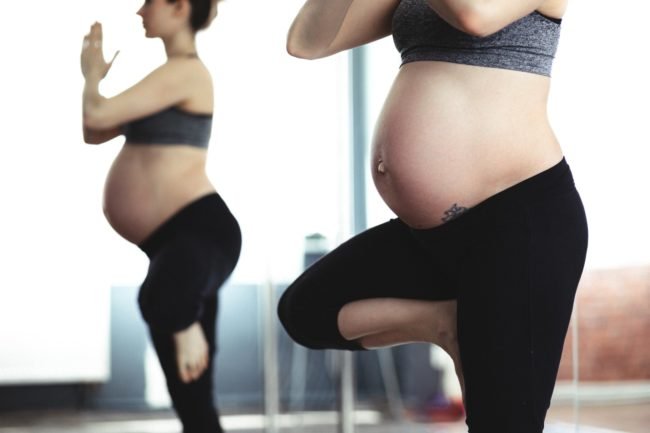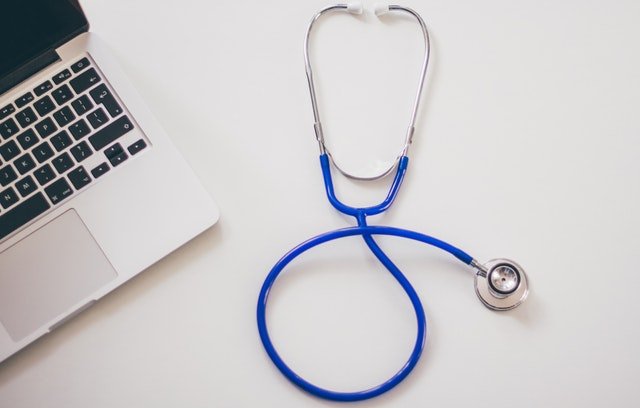This is a commonly asked question in pregnancy. Women all around the world have a question about whether they can drink tea and coffee during pregnancy.
The answer is not too easy. Tea / Coffee contains caffeine. Caffeine should be restricted as much as possible during pregnancy.
Caffeine is a stimulant and is found in commonly consumed beverages such as coffee, tea, chocolate, soda, energy drinks, etc. It is also found in some over-the-counter medications that relieve headaches and cold.
What are the side-effects of tea/coffee on baby?
There are studies that have been conducted in animals that show caffeine can have harmful effects on the foetus. Caffeine has shown to cause birth defects, premature labour, preterm delivery, and low birth weight babies in animal studies.
There is a lack of robust scientific data in humans to confirm these findings. Further, there is no conclusive evidence to support the notion that coffee consumption can affect fertility and bring about a miscarriage.
How much tea/coffee is safe during pregnancy?
Therefore, due to a lack of clarity, it is better to limit the caffeine intake to 150 to 300 mg per day. 100 ml of coffee contains about 60 mg of caffeine approximately.
You should consider the amount of caffeine which is found in some foods and drinks.
Chart about the Amount of Caffeine in Various Food Products to be referred by pregnant women.
- 1 mug of instant coffee: 100 mg
- 1 mug of filter coffee: 140 mg
- 1 mug of tea: 75 mg
- 1 can of cola: 40 mg
- 1 can of energy drink: 250 ml up to 80 mg – larger cans – around 160 mg
- 1 bar of plain chocolate: (50 g): less than 25 mg
- 1 bar of milk chocolate: (50 g): less than 10 mg
In a day, plan your drinks in a way that you do not exceed your daily intake of 150 mg to 300 mg.
It is advisable to enjoy your regular fix of tea or coffee in the morning/afternoon as long as it is within the safe range.








